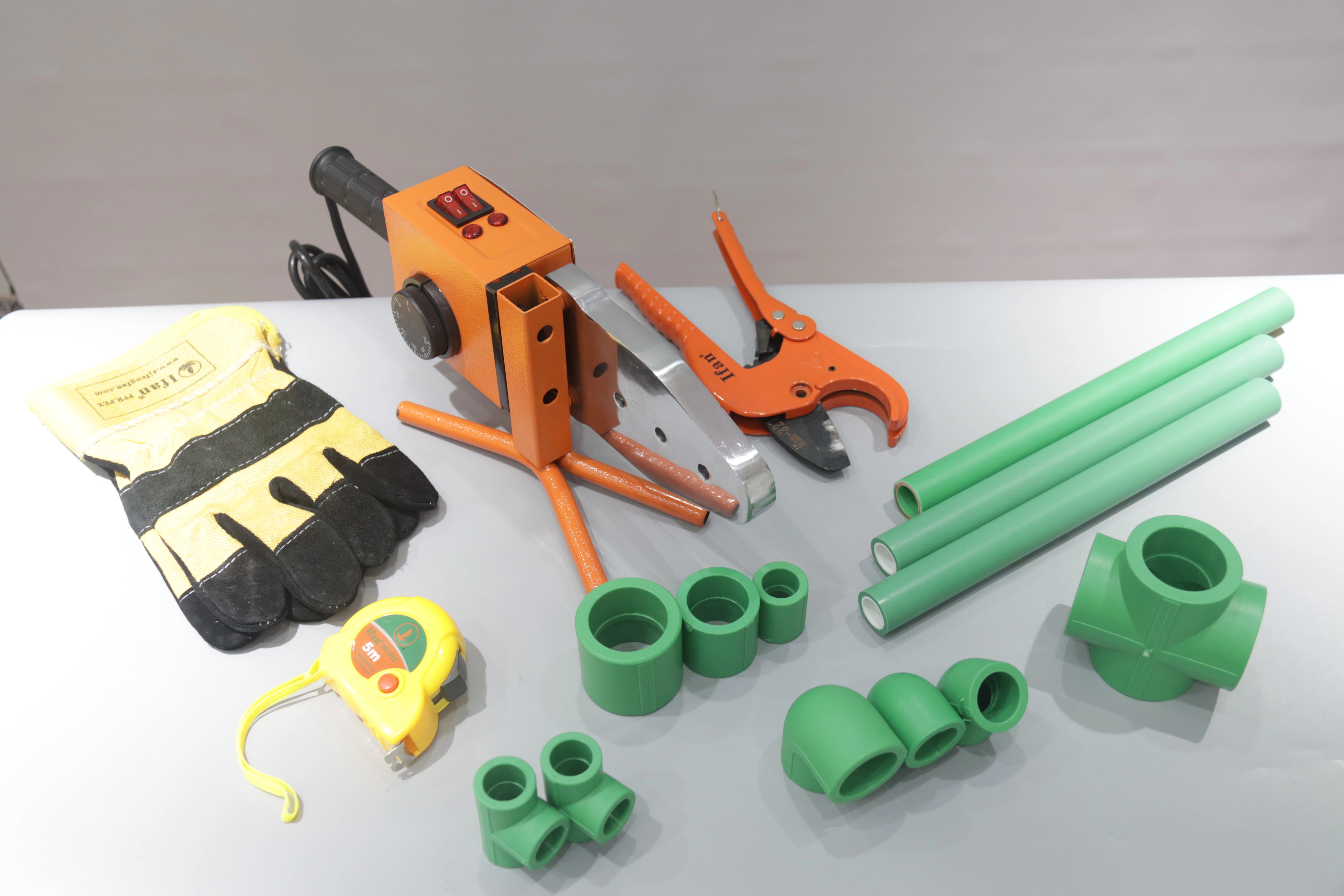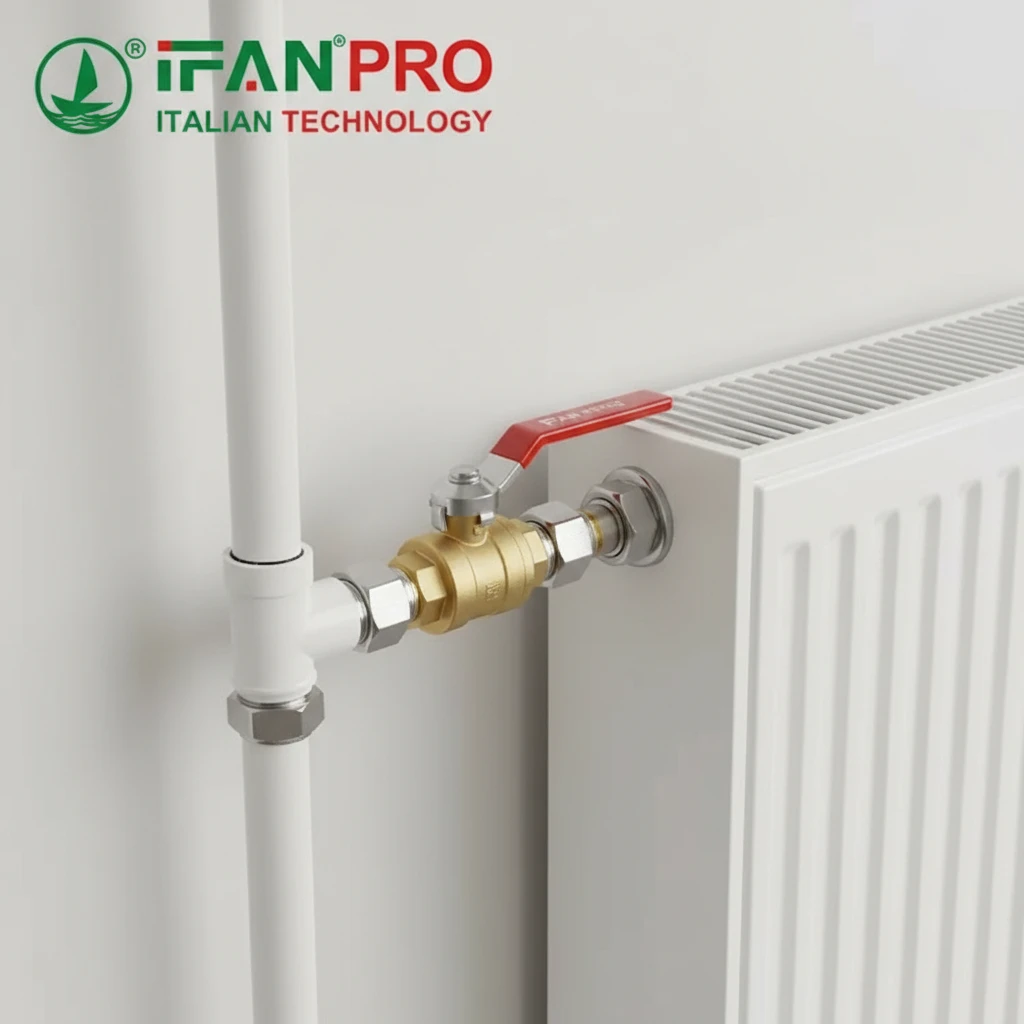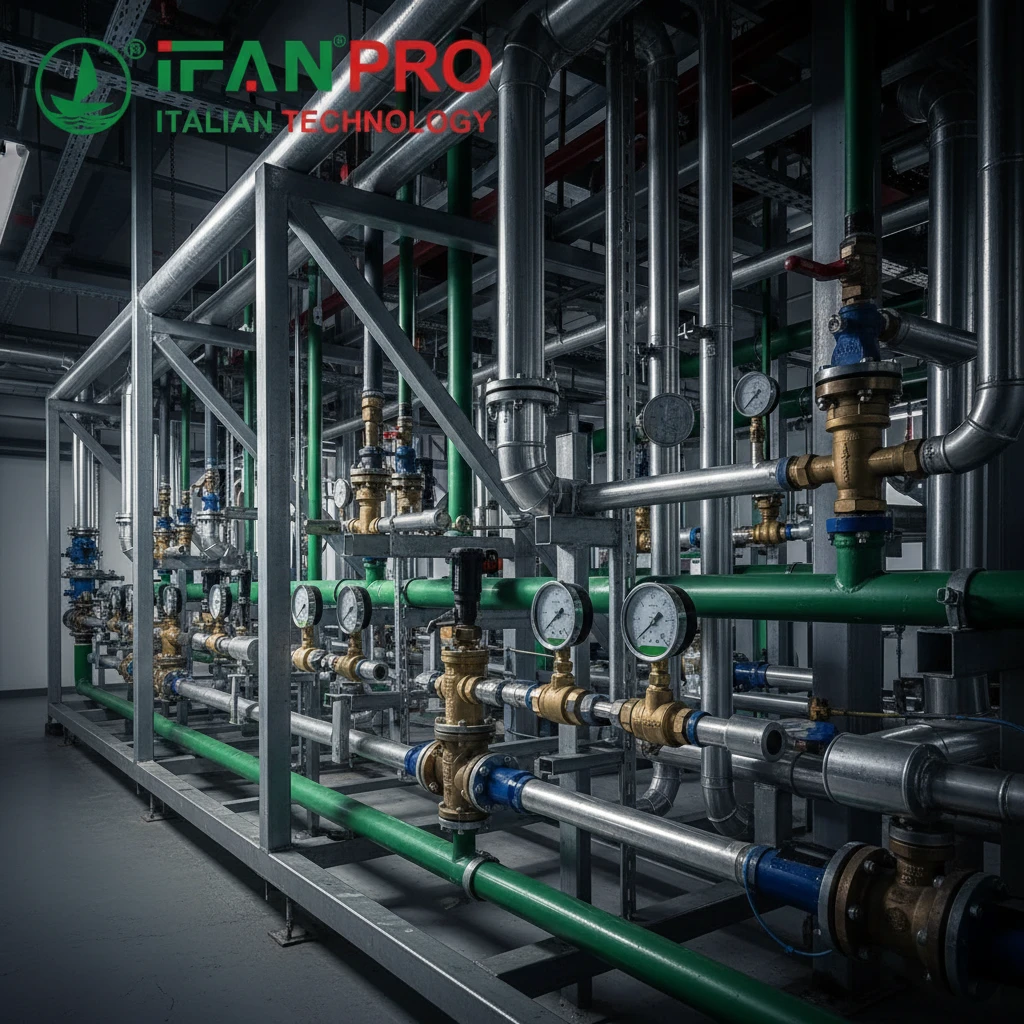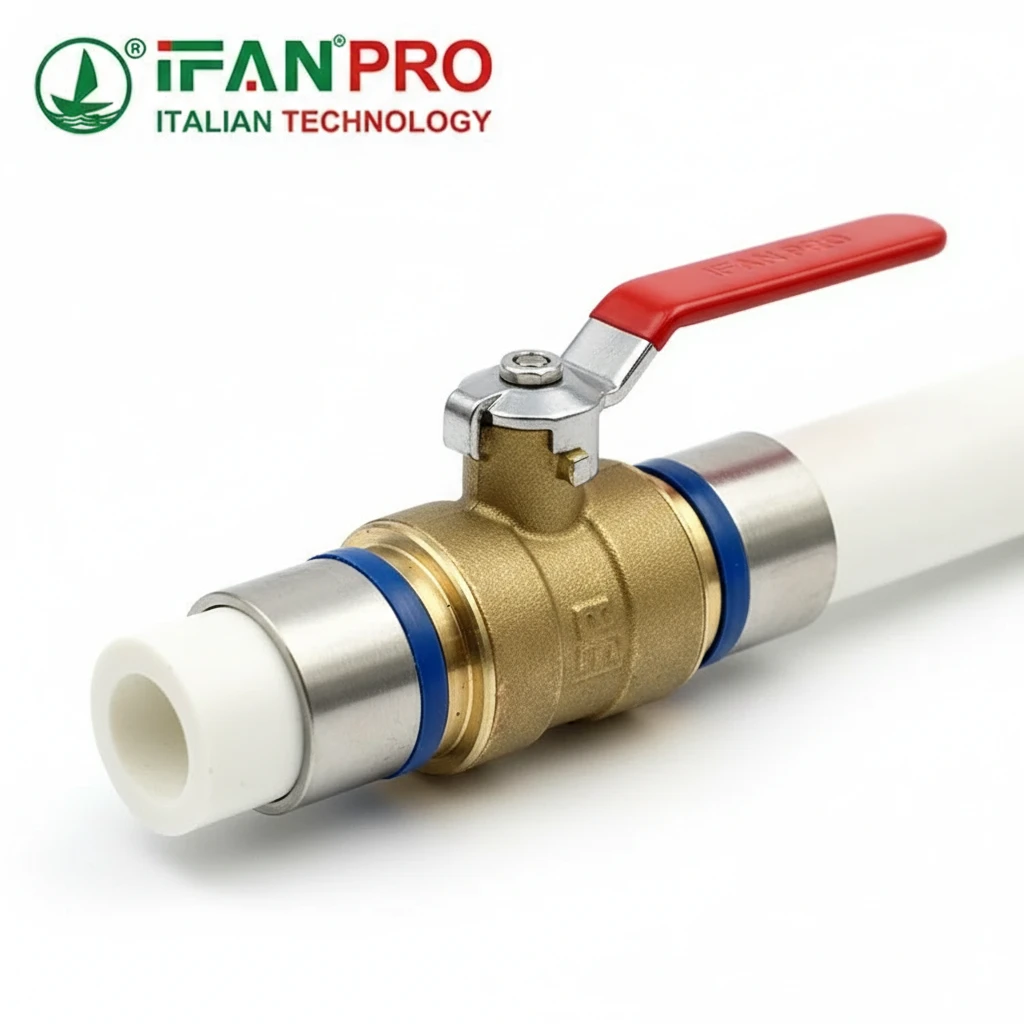Introduction
Installing a reliable and long-lasting plumbing system is essential for any residential construction. Among the many options available, PPR (Polypropylene Random Copolymer) pipes have emerged as a top choice due to their durability, heat resistance, and affordability. However, understanding the total cost of PPR pipe installation is crucial for budgeting your home project wisely.
In this article, we’ll break down the full cost structure of installing PPR piping in residential buildings—from material pricing to labor and hidden fees—so you can plan effectively.
Why Choose PPR Pipes for Residential Plumbing?
Before diving into the cost, here’s why more builders and homeowners are choosing PPR piping systems:
- Long lifespan (50+ years)
- Corrosion-free and hygienic
- Suitable for both hot and cold water
- Easy and quick installation with fusion welding
- Environmentally friendly and recyclable
These advantages often make PPR piping more cost-effective in the long term compared to traditional materials like copper or galvanized steel.
Main Cost Components of PPR Pipe Installation
1. Material Costs
a. PPR Pipes
- Price range: $0.20 – $1.00 per meter depending on diameter and pressure rating (e.g. PN16, PN20)
- Common residential diameters: 20mm, 25mm, 32mm
b. PPR Fittings
- Elbows, tees, reducers, couplings: $0.10 – $0.80 per piece
- Valves and end caps: $1.00 – $5.00 each
💡 Tip: Buying from manufacturers like ifanpro Pipeline in bulk or OEM quantities can significantly reduce material costs.
2. Installation Labor
- Cost range: $5 – $15 per square meter (or per point) depending on local rates and project complexity
- Factors influencing labor costs:
- Pipe routing design
- Number of bathrooms and kitchens
- Floor layout
🛠️ PPR pipes are easier and faster to install than metal pipes, which often results in lower labor fees.
3. Welding Tools and Equipment
- Pipe fusion welding machine: $50 – $150 (can be reused)
- Pipe cutters, measuring tools, clamps: $10 – $50
- Some contractors include tool usage in their service fee
🔧 For DIY projects, you may rent or purchase your own tools, reducing long-term costs.

Hidden or Additional Costs
Even with clear material and labor costs, certain additional expenses may arise:
- Pipe insulation for hot water lines: $0.50 – $1.00 per meter
- Wall/chasing work and finishing after pipe installation
- Transport fees for delivery of bulk materials
- Site waste disposal or cleanup
Example Cost Estimate for a Small Residential Project
| Project Type | One-Bathroom Apartment (60–80 sqm) |
|---|---|
| PPR Pipes & Fittings | $250 – $400 |
| Installation Labor | $300 – $500 |
| Tools & Accessories | $50 – $100 |
| Other Costs (transport, etc.) | $50 – $100 |
| Total Estimated Cost | $650 – $1,100 |
📈 Costs vary by country, local labor rates, and pipe grade. Using a trusted factory-direct supplier helps control your budget.
How to Reduce PPR Installation Costs
- Buy directly from manufacturers like ifanpro Pipeline to eliminate middlemen.
- Plan the piping layout in advance to reduce the number of fittings and joints.
- Use experienced installers to avoid costly mistakes or rework.
- Bundle your order with other plumbing materials to save on shipping.
Why Source from ifanpro Pipeline?
At ifanpro Pipeline, we help clients worldwide optimize their residential plumbing budgets with:
- Competitive factory pricing
- Full range of PPR pipes and fittings (PN10, PN16, PN20)
- OEM/ODM services with logo printing
- Fast production and delivery
- Technical consultation and support
Explore more at ifanpro.com or request a personalized quote today.
Conclusion
The total cost of PPR pipe installation in residential projects depends on multiple factors, including material quality, labor, and project complexity. By understanding each component, you can plan your budget more accurately and avoid unexpected expenses. With the right products and a reliable supplier like ifanpro Pipeline, you’ll ensure both affordability and long-term performance.













Commentaires récents